‘Naya’ Pakistan: A story of Failed Hybrid Democratic Setup
Sun, 05 Dec 2021 | Reading Time: 4 minutes
In the words of Qaid-e-Azam Muhammad Ali Jinnah “The Story of Pakistan, its struggle and its achievement, is the very story of great human ideals, struggling to survive in the face of great odds and difficulties”. Though a very soothing quote, however, the Story of Pakistan in the contemporary realities is very different from what Jinnah would have expected.
A story in which deception and contradictions acquire more significance than some good deeds made since its inception in 1947. Pakistan never became neither an ideal modern-nation state nor a complete Islamic Nation, which it aspires to be albeit; the country remains in the middle of a tight balance between two extremes. One can attribute its failures and misdeeds to its very foundation and principle over which it came over the maps, but one has to also acknowledge the fact that the nation itself never remained in peace due to its corrupt leadership, administrative inefficiencies, communal and ethnic complexities along with sub-regional nationalism.
There are other hosts of issues like language, culture, history, Quranic interpretation, Islamic radicalism that add up to the problem making Pakistan an uncertain state of the global community. Its historians have time and again highlighted Pakistan’s history as “a history of blunders”. An unholy Alliance between civil bureaucrats and the Pak military in the initial years of 1951 to 1958, has profoundly led to the legitimization of the Pak Army’s involvement in civil issues due to which Pak Army became the sole power center in history that followed.
Liyaqat Ali Khan envisioned a viceroy-council like administration in which civil bureaucracy, police, and military gained domination over the political leadership. The failure to establish a comprehensive structure of administration was the primary reason why the seed of democracy did not seep in. Pakistan saw 7 Prime Ministers, 4 Governor-Generals, and a President from 1947 to the late October of 27th, 1958 when the Commander-in-Chief of Pakistan Army (he later became the Field Marshal) General Muhammad Ayub Khan deposed President Sikandar Mirza and ruled for about 10 years.
The history of these ten eventful years before Ayub Khan and the history after attests to the fact that how good civil-military relations can be defined in the context of Pakistan, four Military Dictators, and three Bloodless Coup d’états in the span of 74 years since independence. As the army has ruled in almost half of the years since independence, its grip over the reins of power remains firm and formidable. No Pakistani Politician has ever succeeded taking on this institution, and those who had, have either been struck down or have faced a disastrous fate like Zulfikar Ali Bhutto, Benazir Bhutto, or for that matter Mia Nawaz Sharif. Each has paid the price when they choose to go against but it is an irony that these political figures raised to their prominence with the support of the military.
Zulfikar was planted by Ayub khan while Mia Nawaz Sharif saw his debut under General Zia-ul-Haq reign. The current opposition accounts that the PTI (Pakitan Teherik-e-Insaaf) and its leader Imran Khan were planted way back in 2002 when Pervez Musharraf helped him in his political career and with the support of the Army in 2018, he came to power. This claim even gains legitimacy because in an interview given to Mubashir Luqman , Musharraf claims this story to be true about his help to Imran Khan in the 2002’s election. The point to highlight here is that every major political dispensation today, whether it is PTI of Imran Khan or Bhutto-Zardaris of PPP or Sharifs of PML-N, each has been brought into the political mainstream by the military in differing circumstances.
So, to allege only Imran Khan today is not justified. Today as we speak, Mr. Imran Khan is facing a similar fate that every party and its leader has once faced in the past by taking a stand against the Military. The refusal or delay of PM Khan to sign the orders of Lt-Gen. Nadeem Anjum’s appointment as DG-ISI did raise eyebrows in GHQ Rawalpindi . The drama of twist and turns unfolded when General Qamar Javed Bajwa visited ISI Headquarters on 18th October 2021 after the approval over the summary did not come from the Prime Minister’s Office. This was not a pre-scheduled or planned visit, it came after a press brief on 12th October 2021 by I&B Minister Fawad Chaudhary stating that ‘legal procedure will be followed in the appointment of DG ISI’. As the issue was exacerbated, both sides strafed each other down the line by mounting pressure on each other. While Military leadership showed maturity and acumen to meet its ends while on the other side, Mr. Khan and his ilk struggled to keep its flock together.
Rumors and tapes of the parliamentary group meeting called by PM on this issue surfaced in the media where PM Khan’s desperation to keep the current DG ISI, Lt-Gen. Faiz Hameed to his position further led to speculation of some understanding between Gen. Faiz and Imran Khan where Imran Khan will appoint him as Chief of Army Staff (COAS) and in turn, Gen. Faiz will help him in the 2023 general elections. Though some may regard this as mere speculation, but this lingering fact has haunted Imran Khan and Gen Faiz since 2017 when Gen Faiz (was then Major General) was the deputy chief of this spy organization. It was the first time when a video surfaced in Pakistan where then-Major Gen. Azhar Naveed, DG Pakistan Rangers was spotted distributing an envelope of 1000 pak rupee to the demonstrators of Tehreek-e-Labbaik (TLP) . Nawaz Sharif, the then Prime Minister claimed later that the protest of this Barelvi obscurantist set was planted by Army and ISI to remove him from his office and help Imran Khan in his election bid. Other opposition leaders and parties have repeatedly voiced the same claiming that it was the ISI that was involved in the meddling in 2018 polls. These accusations hold merit.
Disclaimer
The opinions expressed in this article are the author’s own and do not reflect the views of Chanakya Forum. All information provided in this article including timeliness, completeness, accuracy, suitability or validity of information referenced therein, is the sole responsibility of the author. www.chanakyaforum.com does not assume any responsibility for the same.
Chanakya Forum is now on . Click here to join our channel (@ChanakyaForum) and stay updated with the latest headlines and articles.
Important
We work round the clock to bring you the finest articles and updates from around the world. There is a team that works tirelessly to ensure that you have a seamless reading experience. But all this costs money. Please support us so that we keep doing what we do best. Happy Reading
Support Us




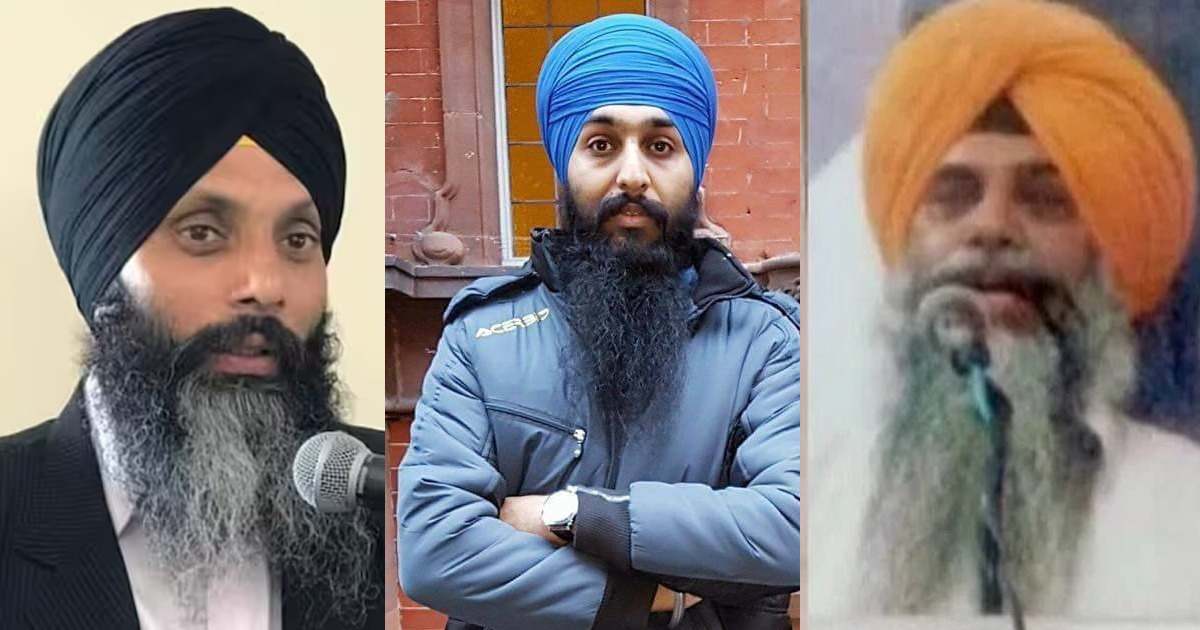
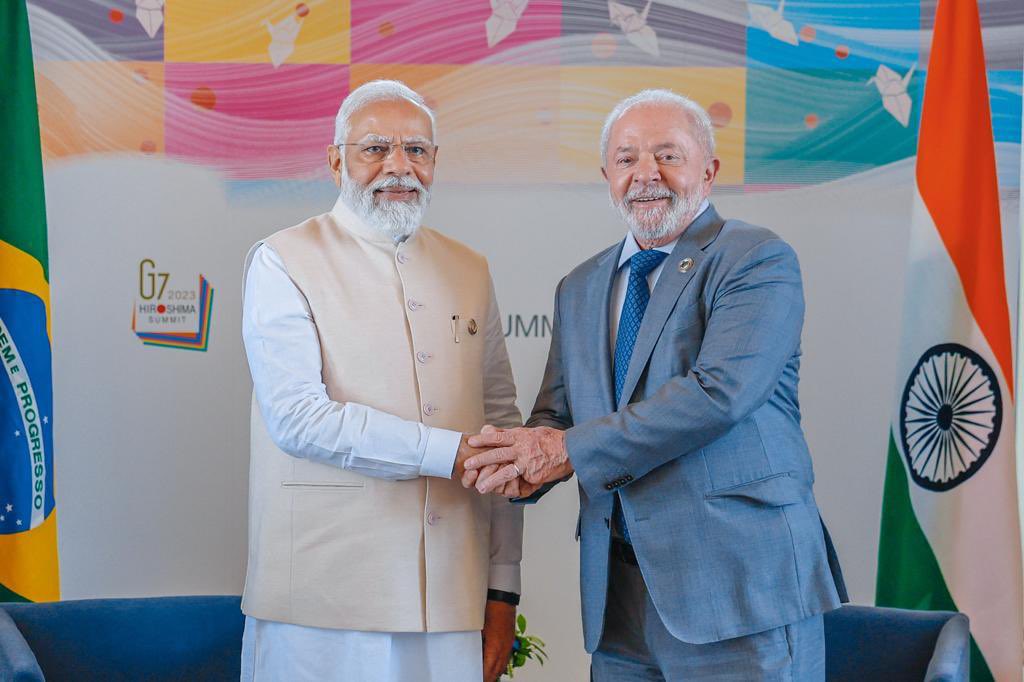

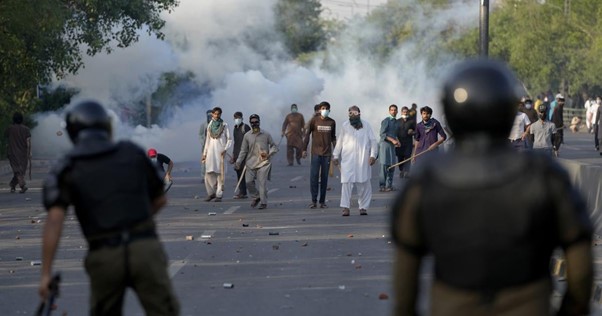

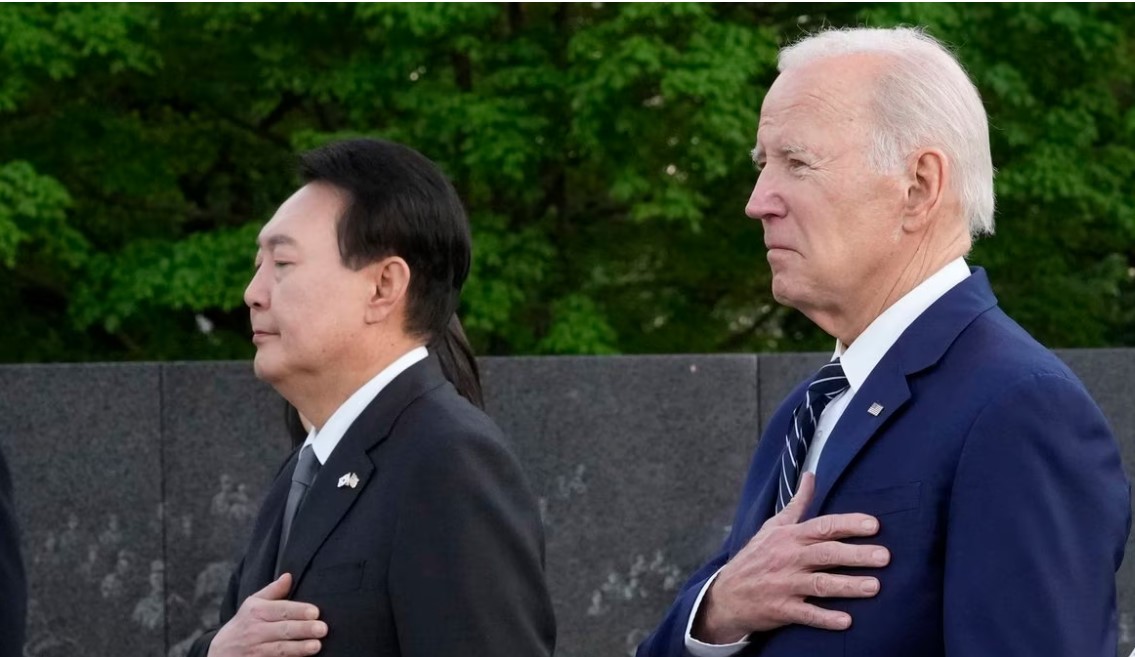


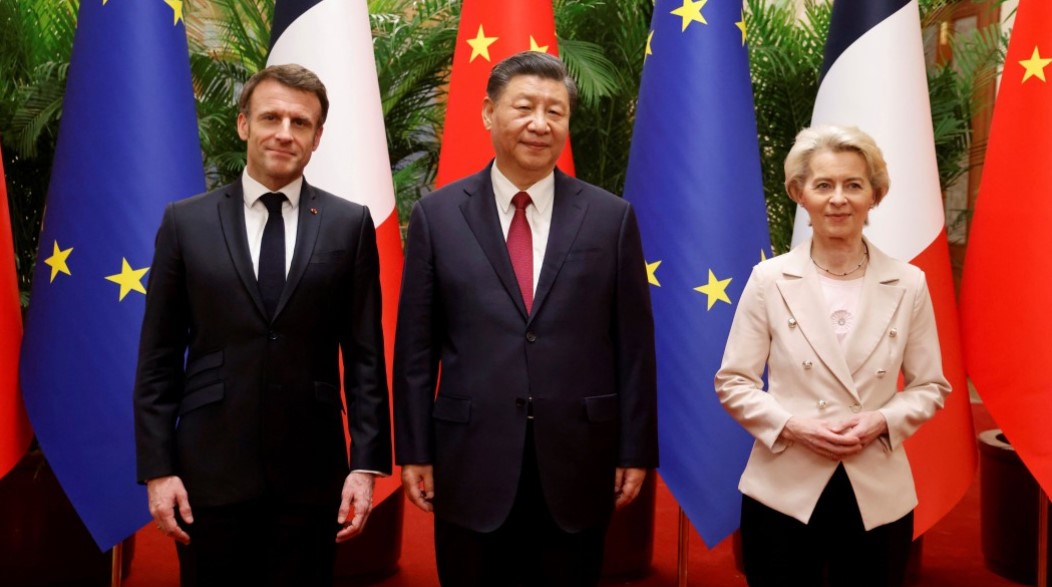







POST COMMENTS (1)
Mahesh Sarnaik